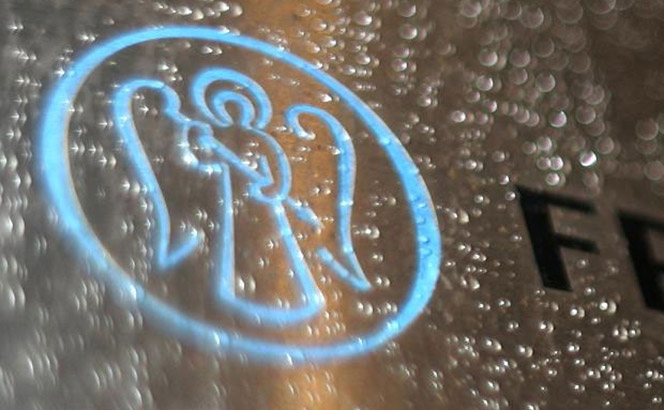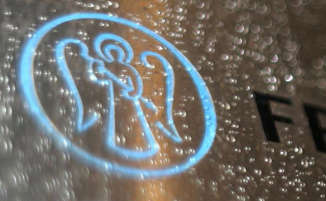Amid a simmering market for junior City lawyers, Freshfields Bruckhaus Deringer has opted to hold the line on associate salaries following a round of bumper increases in 2016.
Newly-qualified (NQ) solicitors at the Magic Circle firm currently earn £85,000. This rate was established last year when the City giant substantially overhauled its comp structure to hike base salaries from £67,500 to £85,000, a 26% rise. The increase included the rolling in of bonuses, though overall compensation was also increased.
Freshfields London managing partner Julian Long said the firm has ‘continued to review our competitive position, which, in terms of total compensation, remains strong in the market’. He added Freshfields would ‘continue to review and update, taking account of the market, to make sure our approach properly rewards our people for the work they do and the high standards they consistently achieve.’
The decision comes amid continuing upward salary pressure for junior associates, thanks largely to six-figure packages on offer at US-based rivals. In June it emerged that Linklaters had nudged up its base rate for junior lawyers by £1,000, handing NQ solicitors £82,000, which gives its new solicitors the ability to earn a total package of £90,000 including bonuses. Slaughters made the decision in June to hold its associate salaries after it boosted associate base salaries by 10% as of 1 January 2017. NQ pay increased 9% to £78,000, while 1PQE salaries rose 10% to £87,000.
Clifford Chance (CC) declined to disclose its pay bands for junior lawyers. It is understood that the firm has brought its junior lawyers’ base rate pay up to match the UK’s 2.7% jump in inflation, which for a newly-qualified base rate of £85,000 would suggest increases of over £2,000 for juniors.
Such moves reflect an increasing opacity in the compensation of junior associates in recent years as leading London firms have moved away from strictly-banded – and transparent – pay models based on post-qualification experience in favour of more merit-driven systems.
Whether such shifts will be enough to persuade the most ambitious young lawyers to resist the advance of more generous US rivals remains very much a moot point.













